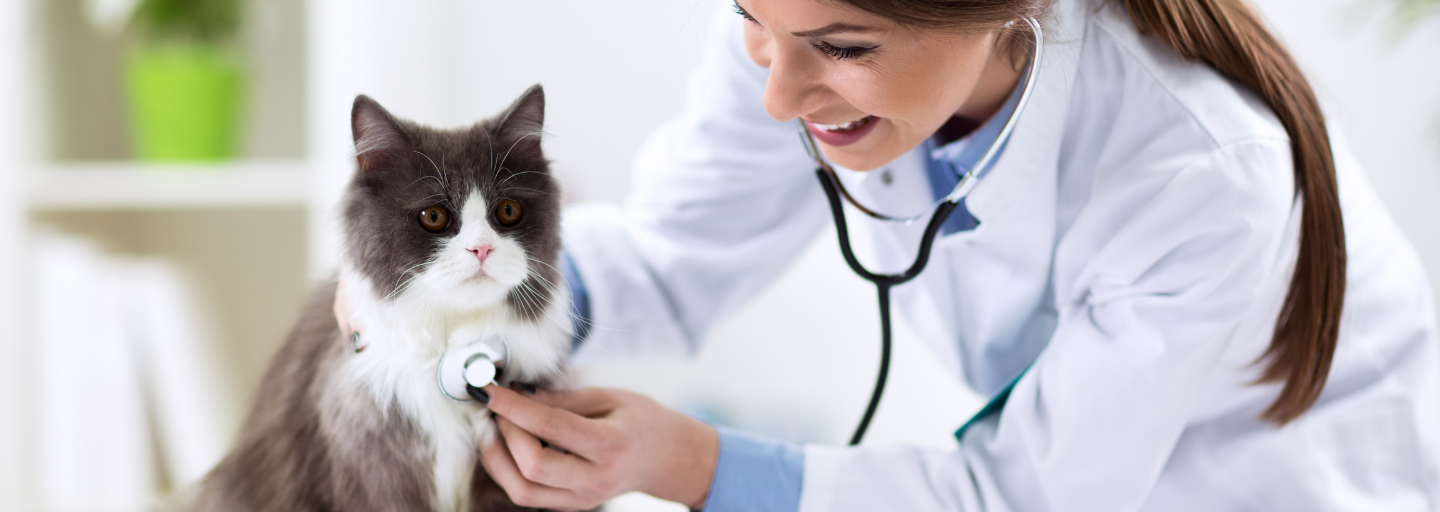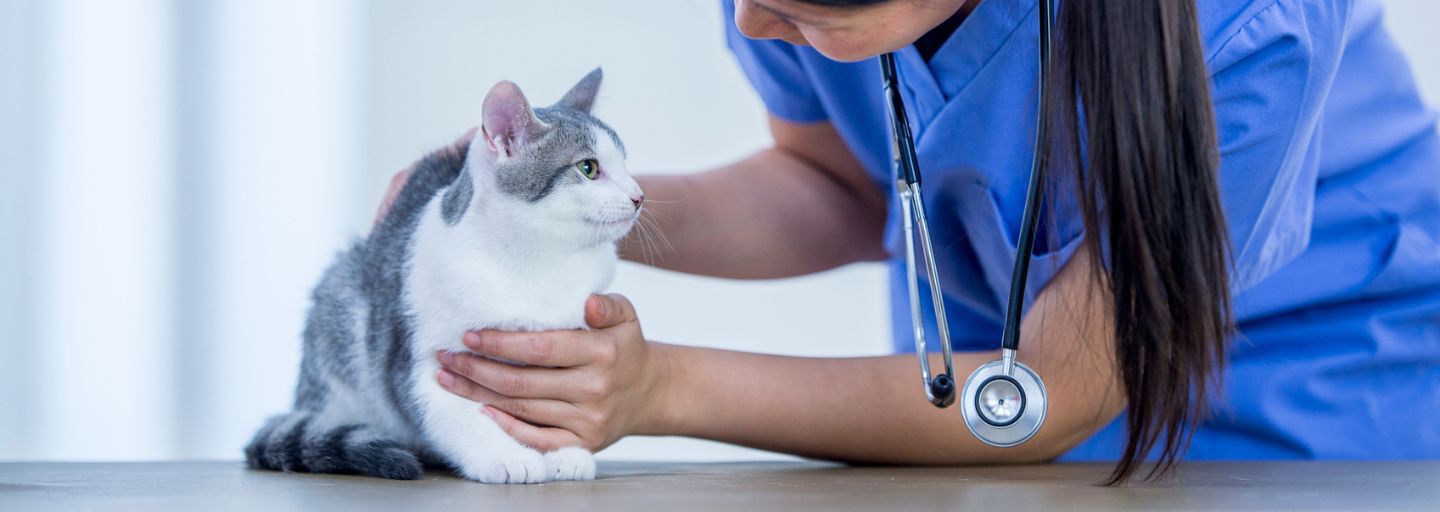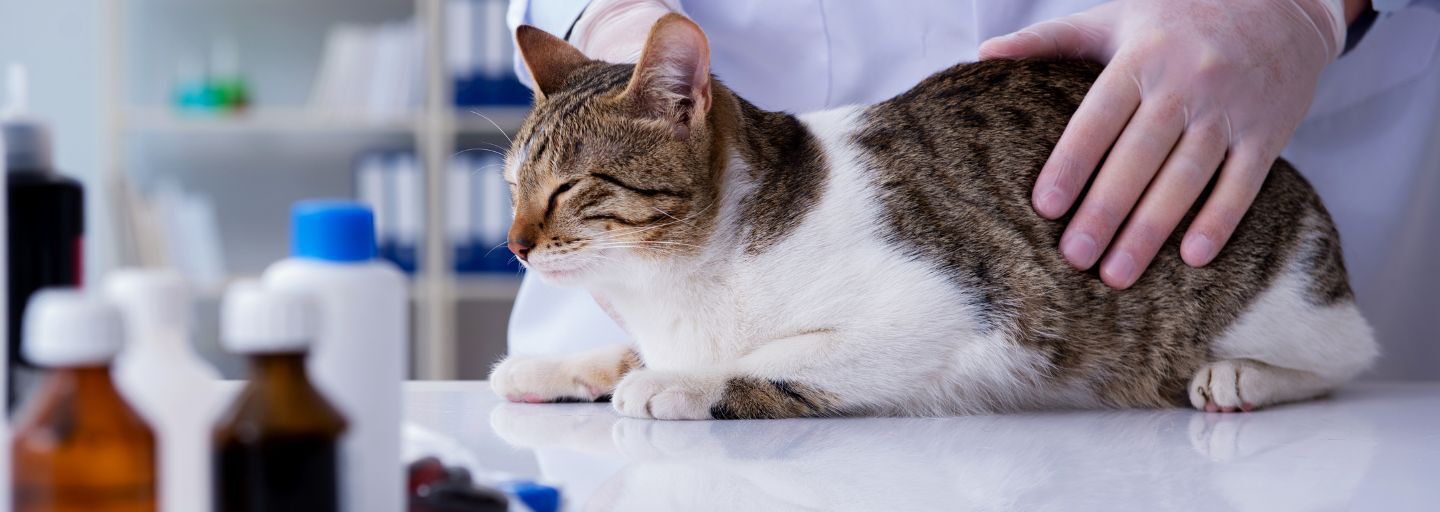Coughing in cats can be a concerning symptom, and it's crucial to understand the underlying causes and seek appropriate care. By being aware of the potential causes and taking prompt action, you can ensure the well-being and health of your feline companion.
Hairballs
One of the most common reasons for cats to cough is the formation of hairballs. Cats groom themselves by licking their fur, and during this process, they may ingest loose hair. When the hair accumulates in their stomach, it can form a hairball, leading to coughing as the cat tries to expel it. Regular grooming and the use of hairball prevention products can help minimise this issue.
Allergies
Just like humans, cats can develop allergies to certain substances, such as pollen, dust mites, or certain foods. Allergic reactions can manifest as coughing, sneezing, itching, or skin irritations. Identifying and avoiding the allergen, along with appropriate veterinary guidance, can help manage your cat's allergies and alleviate coughing symptoms.
Asthma
Asthma is a chronic respiratory condition that can affect cats, leading to coughing, wheezing, and difficulty breathing. It occurs due to inflammation and constriction of the airways, often triggered by allergens or irritants in the environment. If you notice your cat coughing frequently or having difficulty breathing, it's crucial to seek veterinary care for an accurate diagnosis and appropriate management of asthma.
Respiratory Infections
Coughing can also be a symptom of respiratory infections in cats. Viral or bacterial infections, such as feline herpesvirus or feline calicivirus, can cause inflammation in the respiratory tract, leading to coughing, sneezing, and nasal discharge. If your cat's cough is accompanied by other signs of illness, such as lethargy or loss of appetite, it's important to consult a veterinarian for proper diagnosis and treatment.
Heart Disease
Coughing can be a symptom of heart disease in cats, particularly in older felines. Conditions such as cardiomyopathy or heartworm disease can lead to fluid accumulation in the lungs, causing coughing as the body tries to clear the excess fluid. If your cat's cough is accompanied by other signs like lethargy, rapid breathing, or difficulty exercising, it's essential to consult a veterinarian promptly.
Foreign Objects or Irritants
Cats are curious creatures and may accidentally inhale or ingest foreign objects or irritants, leading to coughing. Common culprits include grass, dust, smoke, or household chemicals. If your cat's coughing is persistent or accompanied by choking or gagging, it's crucial to seek veterinary attention to ensure the object is safely removed and to prevent further complications.
When to Be Concerned About Your Cat's Coughing
- Persistent or Worsening Cough: If your cat's coughing persists for more than a few days or worsens over time, it's important to consult a veterinarian. Chronic coughing can be a sign of an underlying health issue that requires proper diagnosis and treatment.
- Difficulty Breathing: If your cat is experiencing difficulty breathing, such as rapid or laboured breathing, open-mouth breathing, or wheezing, it is a serious concern. Difficulty breathing may indicate a severe respiratory condition or an emergency situation. Seek immediate veterinary care to ensure your cat's well-being.
- Other Associated Symptoms: Pay attention to any additional symptoms that accompany your cat's coughing. Lethargy, loss of appetite, weight loss, fever, or nasal discharge can indicate an underlying infection or illness. These signs should not be ignored, and a veterinary evaluation is necessary to determine the cause and appropriate treatment.
- Coughing up Blood: If you notice your cat coughing up blood or if the cough is accompanied by a significant amount of blood in their saliva or vomit, it is a critical situation. This could indicate a serious condition, such as a respiratory infection, trauma, or even a tumour. Seek immediate veterinary attention for a thorough examination and appropriate intervention.
- Changes in Behaviour or Activity Level: If your cat's coughing is accompanied by noticeable changes in behaviour, such as increased restlessness, hiding, or reluctance to engage in regular activities, it may indicate discomfort or distress. These changes should be evaluated by a veterinarian to identify the underlying cause and provide appropriate care.
When faced with concerns about your cat's coughing, it's crucial to seek veterinary advice. A veterinarian will conduct a thorough examination, consider your cat's medical history, and may recommend additional diagnostic tests, such as blood work, X-rays, or respiratory sampling. Based on the findings, they will provide a proper diagnosis and develop a tailored treatment plan to address the underlying cause of the cough.
Remember, early detection and intervention can significantly improve the outcome for your cat. Regular veterinary check-ups and open communication with your veterinarian are essential for maintaining your cat's health and well-being.







